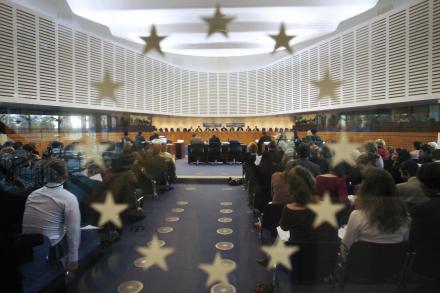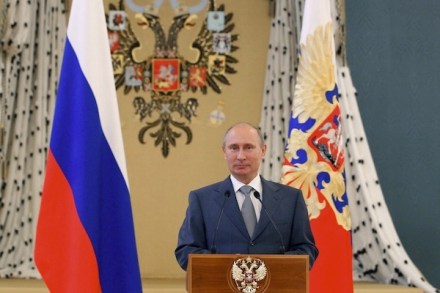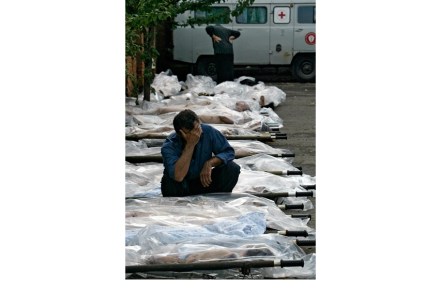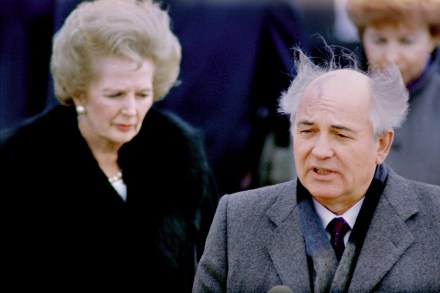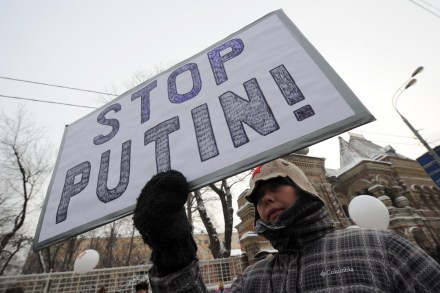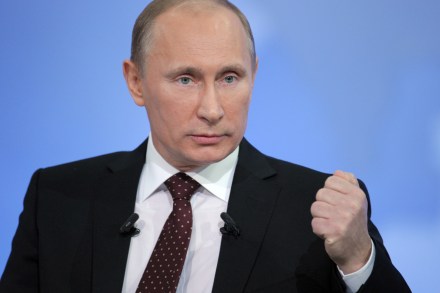Liam Fox: all weaker Eurozone members should leave the single currency simultaneously
Since leaving the Cabinet, Liam Fox has acted as a cross between a scout and an out-rider for various of his former Conservative Cabinet colleagues. In a speech in Oslo tomorrow, he’ll argue that the only way to deal with the Euro crisis is for all of those countries who cannot realistically cope with the demands of the single currency to leave in one go. Otherwise, he argues the markets will simply pick the weaker countries off one by one. Fox is certainly right that if Greece left, or was forced out, of the single currency, Spain and Italy would then find themselves under intense—and, probably intolerable—market pressure. But I




